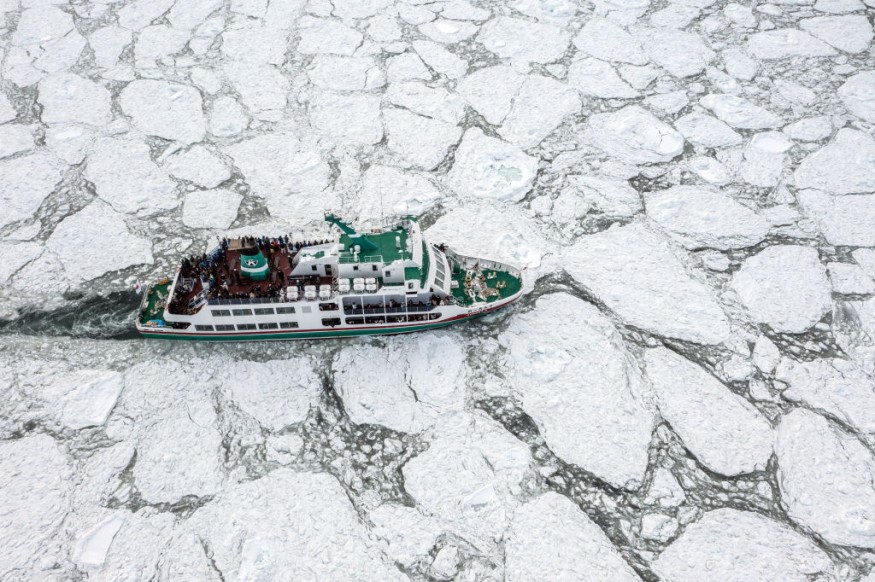
A UN report on climate change released on Monday morning shows that the world is facing a "more disruptive and widespread" climate crisis that could have far-reaching impacts to billions of lives.
Unless there is rapid reduction of greenhouse gas emissions and global temperatures are kept from rising over preindustrial levels, that number of people and other species will reach points where they can no longer adapt to the new normal.
Hundreds of scientists have put together years of research to track the impacts of human-induced climate change and found that it is larger and happening much faster than thought 20 years ago.
CNN reported the key takeaways from the report made by the Intergovernmental Panel on Climate Change (IPCC), which suggests that we are running out of ways to adapt to this crisis.
A 'damning indictment' of failed climate leadership
IPCC reports in "Climate Change 2022: Impacts, Adaptation and Vulnerability" that warming that exceeds beyond 1.5 degrees Celsius could have irreversible consequences, and we are "rapidly barreling" toward it at the current 1.09 degrees Celsius of warming that we have.
"I have seen many scientific reports in my time, but nothing like this," said United Nations Secretary-General, António Guterres told Yahoo News. "Today's IPCC report is an atlas of human suffering and a damning indictment of failed climate leadership. With fact upon fact, this report reveals how people and the planet are getting clobbered by climate change."
According to Guterres, the "facts are undeniable" and "this abdication of leadership is criminal." "The world's biggest polluters are guilty of arson of our only home," he said.
Scientists note that human's options to adapt will become even more limited, and global warming is pushing many of the planet's most critical systems such as rainforests, coral reefs and the Arctic to the brink. Moreover, once the planet hits the 1.5-degree mark, as many as 3.6 billion people will become highly vulnerable to climate hazards, "some of which will increase beyond the ability to adapt."
Threat of 'chronic water scarcity' and disproportionate climate hazards
The report also showed that water will become even more scarce at higher global temperatures.
About half of the world's population already experiences severe water scarcity every year due to climate-related factors. If we reach 2 degrees of warming by midcentury, as many as three billion people worldwide will experience "chronic water scarcity," according to the report. "It increases to four billion people at 4 degrees."
As a result, food production will be disrupted and the world will face dire food-security challenges.
"What we really wanted to show is that ecosystems and all sectors of human society and human well-being fundamentally depends on water," Tabea Lissner, a scientist at Climate Analytics and an author on the report, told CNN. "And it's not just the water resource itself that plays an important role in water security, but also what form and in what quality we can access it, and really showing how many different ways climate change really affects humans and ecosystems through various channels."
Lastly, the IPCC report says that countries which are least responsible in planet-warming gases emission "tend to be the ones disproportionately harmed by climate hazards."
© 2025 NatureWorldNews.com All rights reserved. Do not reproduce without permission.





